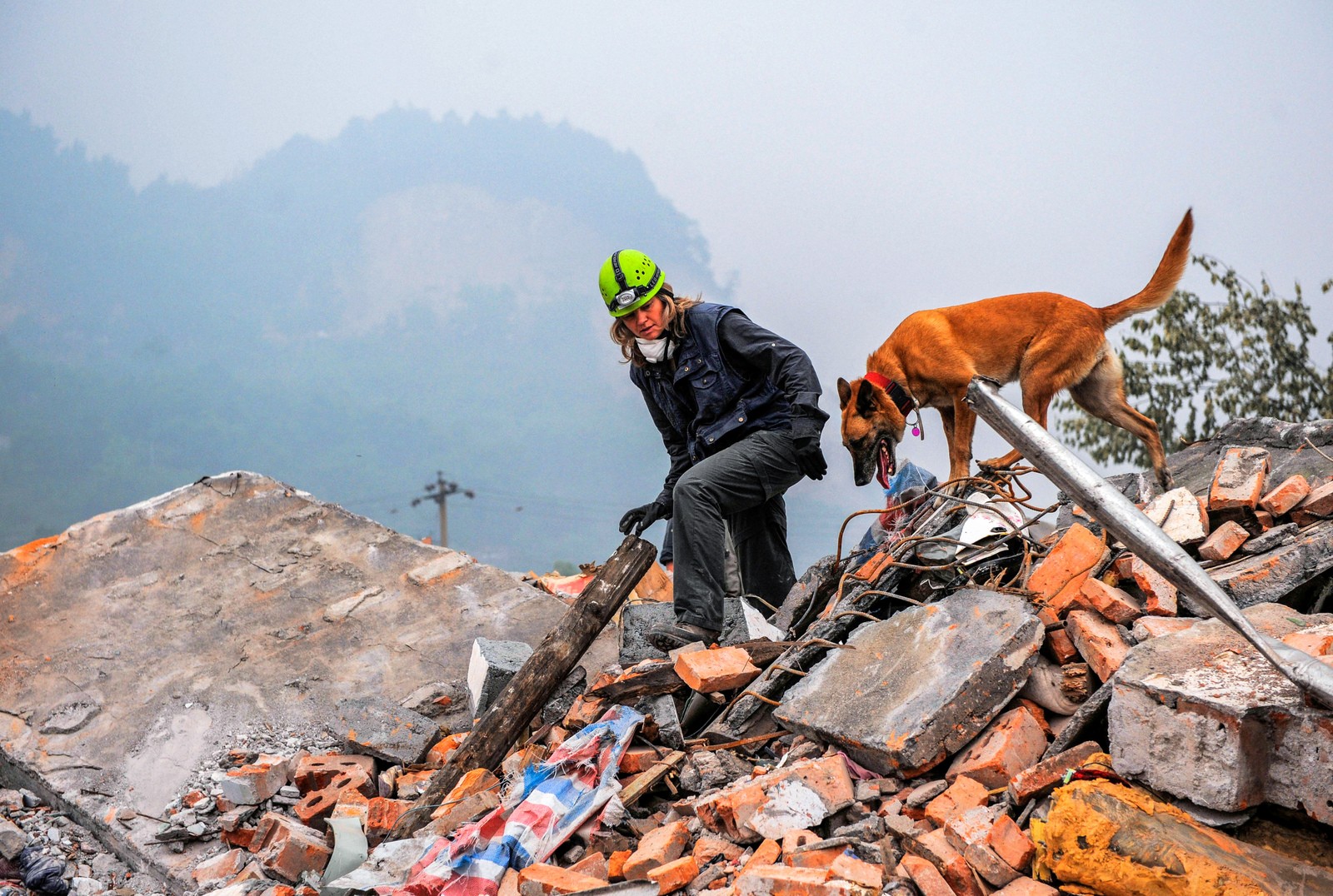
Every year, natural disasters hit different parts of the world, leaving destruction and disruption in their wake. Preparing for these events is essential to keeping yourself and those around you safe during an emergency.
This guide provides a comprehensive look at how to prepare for a disaster, respond to one if it happens, and get back on your feet afterward.
Understanding Disasters
Many disasters, natural or otherwise, can disrupt your life in ways you may not expect. Before a disaster takes place, it is important to understand the types of risks that exist and the potential impacts they may have on your daily routine.
For instance, if a flood is expected in your area, you should know what kind of flooding to expect and how high the water levels may reach. Knowing this information will help you decide if it is safe to stay in your home, and what measures you should take to protect yourself.
It is also important to consider how different disasters may affect the infrastructure of your area. If a hurricane or tornado is expected, you should know which roads and bridges might be damaged by the storm so that you can plan alternate routes for getting to safety.
Preparing for Disasters
Preparing ahead of time is one of the most important steps in dealing with a disaster. Taking steps such as developing an emergency plan, stocking up on supplies, and fortifying your home can help ensure that you are ready if a disaster strikes.
Create an emergency plan. Develop a plan with your family or roommates that outlines what would happen in the event of a disaster, such as where to meet up and how to contact each other if separated.
Stock up on supplies. Make sure your home is stocked with necessities such as food, water, and medical supplies in case you are unable to leave your area for an extended period.
Fortify your home and secure important documents. Take steps to secure your home such as installing shutters or reinforcing windows, and make sure all important documents such as insurance policies are stored in a safe place.
Responding to Disasters
Once a disaster has occurred, it is important to take the right steps to ensure your safety and the safety of those around you. One of the most important components of a successful disaster response is using reliable resources for updates on the situation.
Stay informed. Use authoritative sources such as news outlets, government websites, and emergency services for up-to-date information about what is happening during a disaster.
Follow official instructions. If authorities advise people to evacuate or otherwise take safety precautions, it is important to follow their instructions.
Stay connected. Having access to communication can be essential during a disaster, so make sure you have ways of staying in contact with those around you. If cell towers are down due to the disaster, consider using satellite phones or other MSAT (Mobile Satellite Telephone) services.
Recovering from Disasters
Recovering from a disaster can be a long process, but taking the right steps can help ensure that you, and those around you, can get back on your feet as quickly as possible.
Take care of yourself. After experiencing a traumatic event such as a natural disaster, it is important to take care of your mental and physical health. Make sure you are eating well, getting enough rest, and taking time to relax.
Know what resources are available. Local government or other relief organizations may have resources such as financial assistance or housing aid that can help you in the aftermath of a disaster. Be sure to research what resources are available and how you can access them.
Reach out for help if needed. If you or someone around you needs extra emotional support after a disaster, do not hesitate to reach out for professional help from a mental health provider. They can provide valuable guidance in dealing with the stress and trauma of a disaster.
Disasters can be devastating, but they do not have to mean the end of life as you know it. Understanding how to prepare for, respond to, and recover from a disaster can help ensure that you stay safe and get back on your feet in the aftermath.
By following this guide and planning, you can be prepared if a disaster strikes. With preparation and knowledge, you can be ready to take on any challenge that comes your way.
Though the thought of a disaster can bring fear, do not forget to stay positive and focus on what steps you can take to ensure that you are safe and taken care of during an emergency. You have more power than you think- so use it! Take charge of your safety and be ready to respond.

 From Idea to Print: Navigating the Journey of Book Writing
From Idea to Print: Navigating the Journey of Book Writing